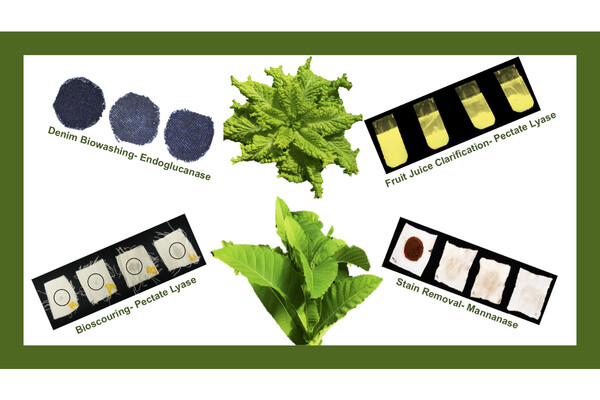
Articles from Katherine Unger Baillie


Taking the perspective of another can help foster cooperation in a group, according to a new study by Penn evolutionary biologists.
Empathy and cooperation go hand in hand
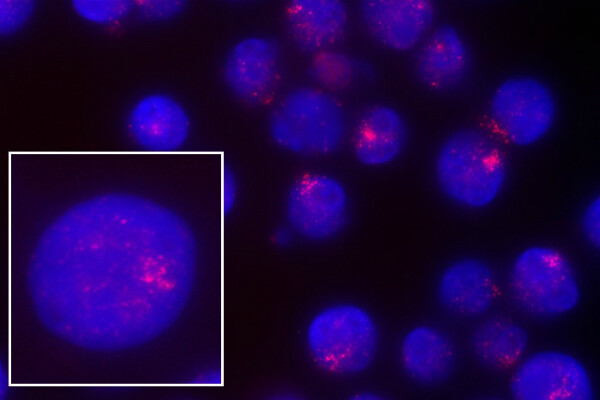
Unlocking the female bias in lupus
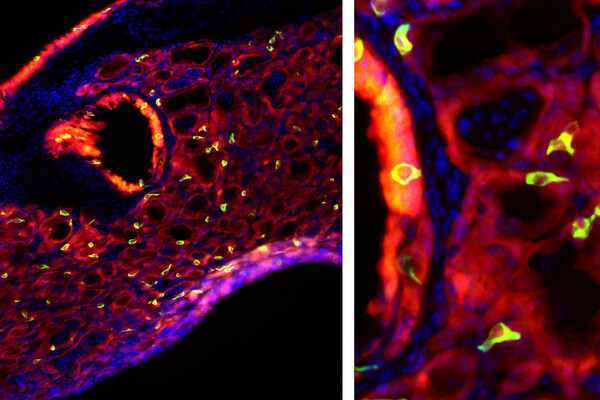
The discovery of tuft cells (in green) in mice lungs after flu gives researchers insights into how a bad respiratory infection may set the stage for certain inflammatory conditions, such as asthma. The cells are named for the elongated microvilli which project from their surface. (Image: Courtesy of Andrew Vaughan)
A bad bout of flu triggers ‘taste bud cells’ to grow in the lungs
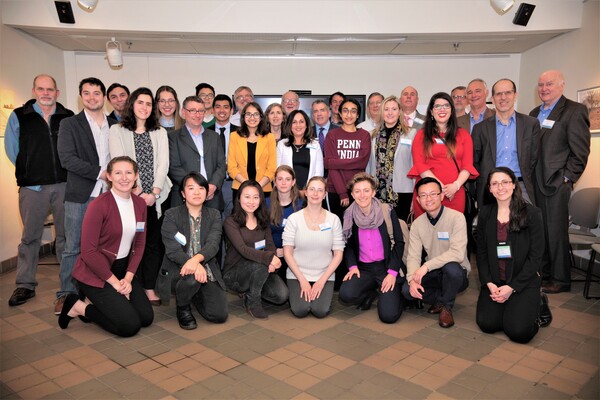
This year’s Global Water Alliance Conference convened a diverse cross-section of individuals from backgrounds ranging from engineering to social justice. Their common thread? A shared interest in erasing disparities in access to clean water. (Photo: Pheng Tang/Global Water Alliance)
Confronting inequities, sharing solutions
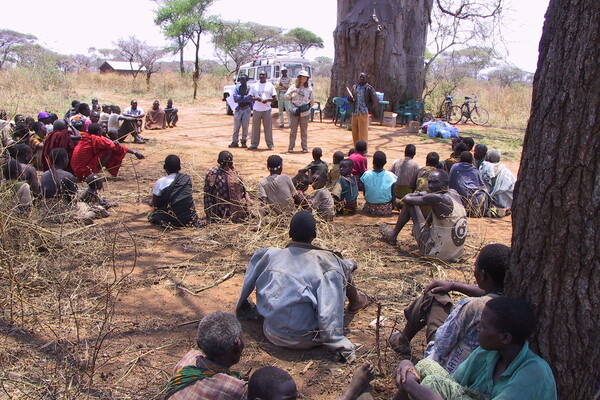
Including underrepresented groups in genomics studies, as Sarah Tishkoff (addressing participants above) has done through her career of studying African population diversity, is essential to reap the benefits of such studies, according to a new commentary in the journal Cell. (Credit: Tishkoff lab)
Western bias in human genetic studies is ‘both scientifically damaging and unfair’
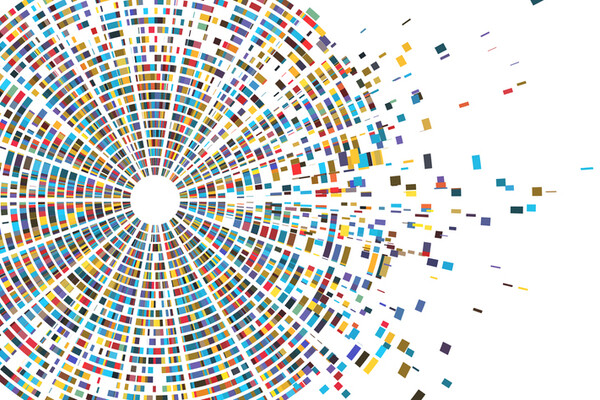
Demystifying genomic technology for veterinary researchers
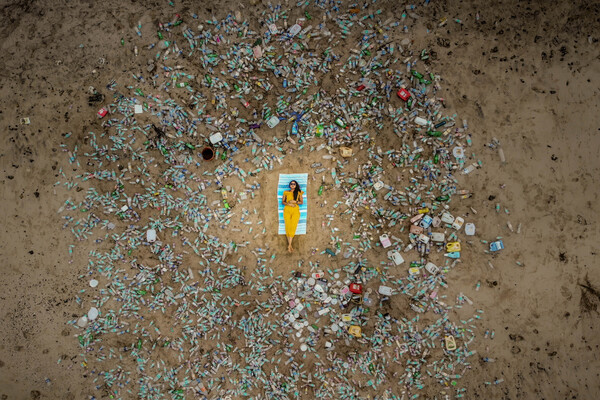
The twin aims of reBalance are to reduce plastic waste and create safer and more secure work conditions for waste workers. (Image courtesy: rePurpose)
Going plastic neutral
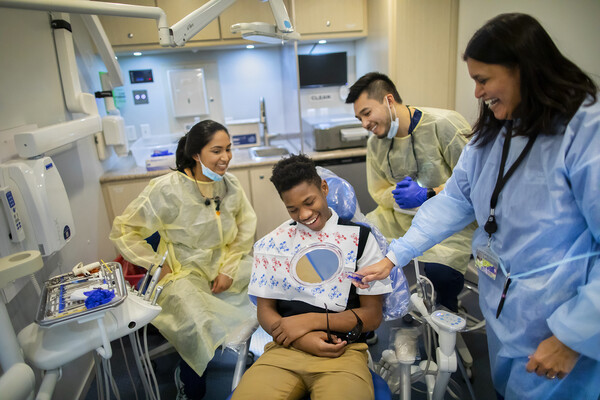
Bringing healthy smiles to Philadelphia communities
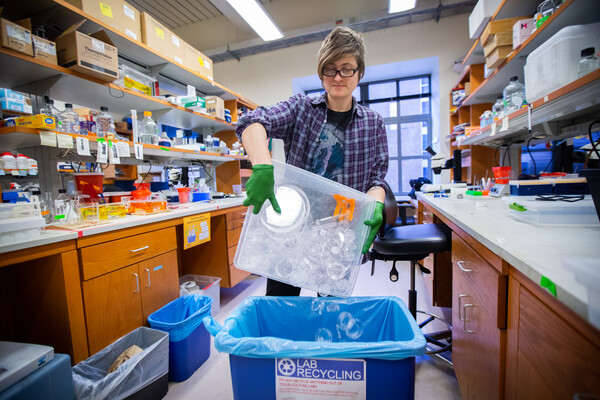
In circumstances when plastic petri dishes are necessary for laboratory work, Preston ensure that they are properly cleaned and sorted for recycling. Reducing waste of all kinds, however, is the number one goal.